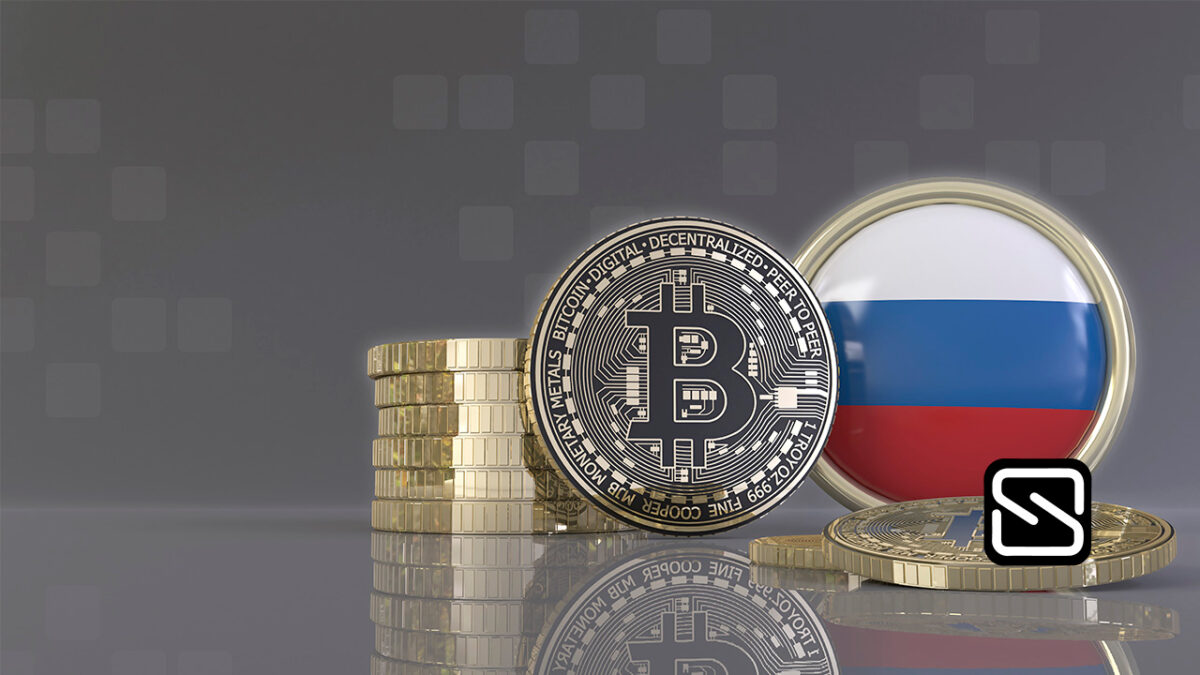Crypto advocates argue that digital assets are an impossible alternative for the Russian government and any oligarchs attempting to avoid Western sanctions. They claim that the $2 trillion cryptocurrency market is insufficient to suit Russia’s financial demands.
They also claim that the ability of authorities to follow large transactions on the blockchain, the transparent digital ledger that underpins cryptocurrencies, makes it nearly difficult for billionaire Russian oligarchs to utilize it to move significant quantities of money discreetly.
“Because the fines we’re seeing are so large, crypto just doesn’t have the depth to prevent the kinds of evasion we’re seeking to prevent. And if an oligarch tries to move $10 billion, it will be completely clear and spotted by people who operate the on and off-ramps in the industry “said Jerry Brito, executive director of the Coin Center, a crypto think tank. “This is such a red herring,” says the narrator.
Key officials of the Biden administration and Capitol Hill are skeptical. In testimony before the Senate Banking Committee on Thursday, Federal Reserve Chair Jerome Powell stated, “I believe it really highlights the necessity for a strong regulatory environment that permits proper activity while preventing wrong conduct.”
Powell stated, “We do have laws on the books and all that.” “However, we need a legal framework for digital money in general that eliminates as much as possible the danger that people may use unbacked cryptocurrencies to cheat the law, finance terrorists, or hide their ill-gotten wealth.”
Powell was responding to a question from Senate Intelligence Committee Chairman Mark Warner, D-Va., who addressed Treasury Secretary Janet Yellen on Wednesday, asking what the department is doing to guarantee that targeted Russians do not utilize crypto to evade sanctions.
“Strong sanctions compliance enforcement in the cryptocurrency business is vital,” they stated, “given that digital assets, which allow entities to bypass the traditional financial system, may increasingly be utilized as a vehicle for sanctions evasion.”
According to the Wall Street Journal, Yellen termed crypto a “channel to be watched” in remarks during a speech in Chicago on Wednesday and said Treasury may fix loopholes that the technology offers in its penalties. Many crypto participants, she continued, are already subject to anti-money laundering and sanctions regulations.
The United States has levied dire economic penalties on Russia in response to its invasion of its neighbor. Cut off the Russian central bank and freeze its assets in the United States; sanction a number of top Russian banks and other companies; close U.S. airspace to Russian flights; work with European allies to disconnect Russia from the international financial network known as SWIFT, and personally target Russian President Vladimir Putin and his inner circle.
The largest crypto trading platforms, such as Coinbase and FTX, claim that they are complying with sanctions and that they already follow the same rules as traditional financial institutions in terms of collecting data on users and detecting suspicious conduct.
According to Michelle Bond, CEO of the Association for Digital Asset Markets, the industry takes sanctions compliance “extremely seriously and employs a range of techniques, including the use of blockchain analytics, transaction surveillance, and internet geotagging.” “We are approaching a period in which extreme caution is required, and continuing public-private information exchange will be critical.”
The biggest cryptocurrency exchanges have rejected Ukrainian deputy prime minister Mykhailo Fedorov’s proposal to exclude all Russians from their platforms in order to “sabotage ordinary users.” “Freezing access to digital assets of residents from a whole country does not necessarily punish those who are genuinely responsible and who may have been prepared for the potential of blanket sanctions,” according to Kraken, a leading exchange that turned down Federov’s request.
According to TripleA, a Singapore-based crypto payments startup, more than 17 million Russians, or about 12% of the country’s population, own bitcoin. In Ukraine, where approximately 13% of the population, or over 5.5 million people, hold digital assets, adoption is much greater.
According to statistics from Kaiko, a Paris-based crypto analysis firm, demand for cryptocurrency has increased in both nations since the crisis began, with Ukrainians and Russians racing to buy bitcoin and Tether, a so-called stable coin whose price is tethered to the US dollar. Over the last week, the price of bitcoin has increased by 18%.
